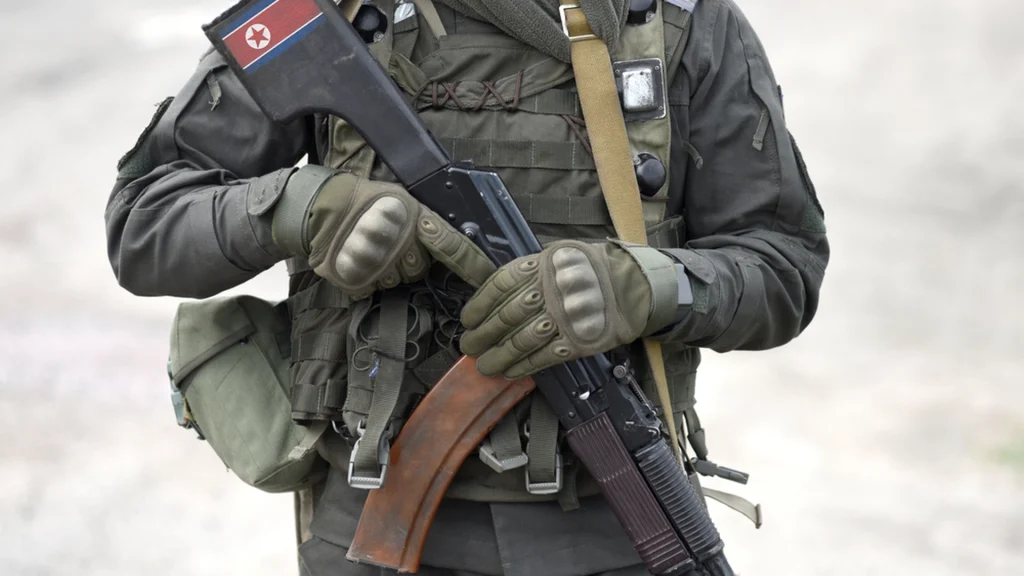Ukraine warns of Russia recruiting thousands of North Korean troops as war escalates.
Others are reading now
During a press briefing at the Munich Security Conference on February 14, Ukrainian President Volodymyr Zelenskyy stated that Russia is increasing its military cooperation with North Korea, showing no intention of slowing down its war effort.
Zelenskyy claimed that Ukraine has already captured North Korean soldiers fighting for Russia and that intelligence suggests an additional 2,000 to 3,000 North Korean troops are being transferred to the Kursk region.
“We can only confirm their presence once they arrive on the battlefield, but we already see them requesting additional reinforcements. And that is not a sign of strength,” Zelenskyy said, suggesting that Russia’s growing losses are forcing it to seek foreign manpower.
Also read
According to Zelenskyy, more than 4,000 North Korean troops have already been eliminated, with two-thirds confirmed dead. He also noted that morale among these troops is declining, citing cases of North Korean soldiers fleeing the battlefield.
Despite these weaknesses, Ukraine remains on high alert, as Russia continues to expand its foreign military partnerships.
North Korea’s Direct Military Support to Russia
Zelenskyy emphasized that Russia’s ties with North Korea go beyond soldiers, extending to military supplies, weapons, and missiles.
“They continue their contacts with North Korea for military supplies, weapons, and missiles. We see this reflected in artillery and missile attacks. This is direct involvement, a clear case of a second country being drawn into the war—not a theory, but a fact,” he stated.
Ukraine has previously warned of North Korea supplying long-range artillery to Russia. Reports indicate that at least 200 pieces of artillery have already been delivered, and Pyongyang may send more troops and weapons to aid Moscow.
Zelenskyy stressed the global importance of this development, urging leaders—especially in Washington—to recognize Russia’s growing military alliances.
He called on U.S. leaders, including former President Donald Trump, to acknowledge the ongoing escalation and Russia’s increasing reliance on North Korea.

